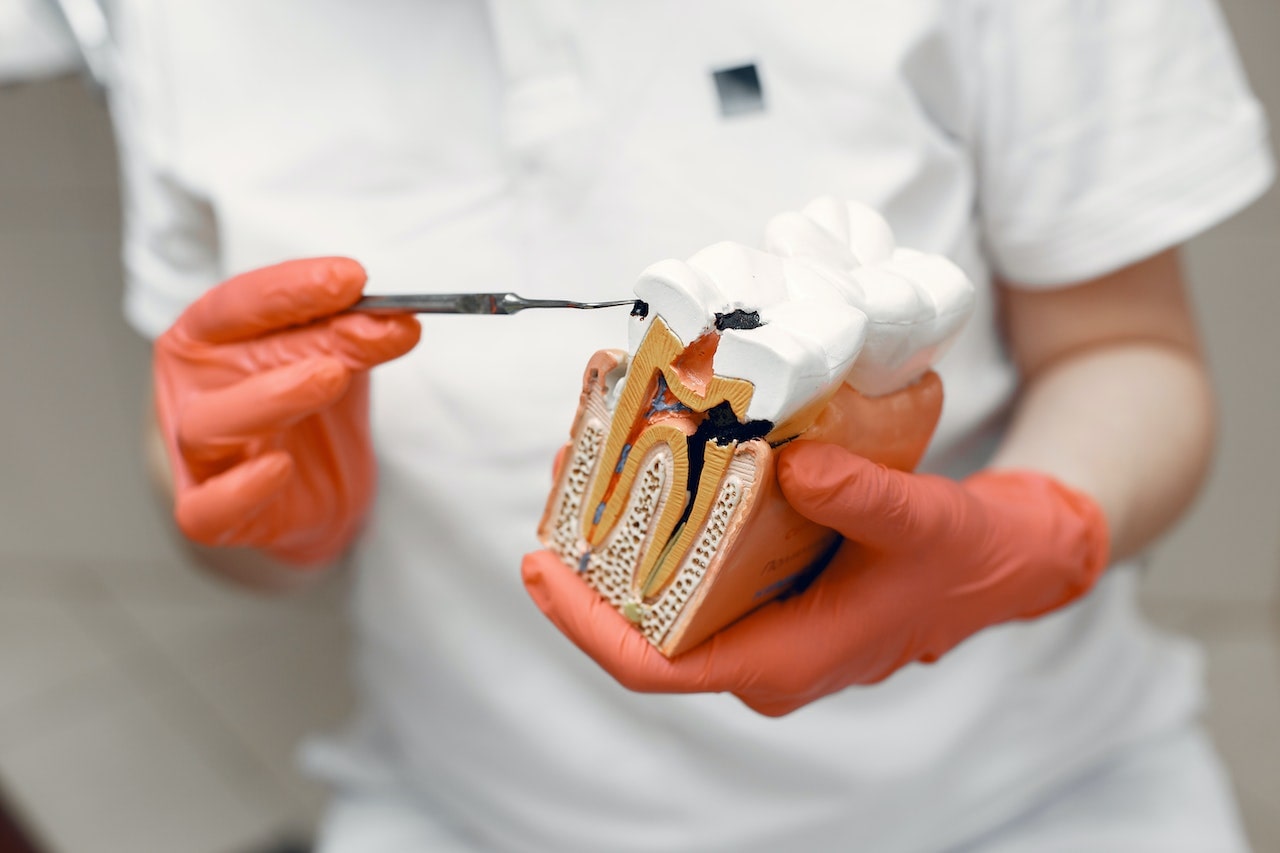When you admire your smile in the mirror, it probably doesn’t occur to you that your teeth are more than just pegs of enamel in your gums. Each of your teeth represents the complex culmination of countless millennia of development. Every tooth has developed to become perfectly suited to its job, and the entire system of your mouth has evolved to work together in a seamless union. If you’ve ever wondered what lay beneath the pearlescent outer enamel of your teeth, we’re about to unveil a whole new way of looking at your teeth.
The Geography Of A Tooth
We’ve all heard the terms root and crown in relation to our teeth, most often in relation to different forms of dental restoration techniques. What you may not know is that these terms find their origins in the geography of our tooth, each of them describing a distinct feature. There are other features that are less often referred to, though you may have heard them in relation to specific teeth in your mouth.
Crown – The portion of your tooth that is visible above the gumline.
Root – The portion of your tooth that sits in the jawbone
Neck – The portion of the tooth beneath the gum line, but not set in the tooth.
Cusp – The little points on the top of your teeth that aid in breaking up or tearing up our food. The pointed teeth, commonly known as bicuspids, have one cusp each. Molars often have as many as five, while other teeth typically have two.
These terms are primarily used to refer to areas of the tooth, rather than its internal structure. Now that you know the overall geography of your teeth, its time to dive inside.
The Geology of Your Teeth
While geology isn’t technically the right term, we’re using it here to refer to the layers of your tooth and the materials they contain or are made from. Your tooth isn’t a solid block of enamel; instead, there lay inside a complex series of materials and areas.
Enamel – The hard outer casing of the tooth, and the hardest material in the body.
Dentin – A softer, porous material that lay beneath the protective shell of enamel, when exposed this can cause temperature sensitivity and other issues.
Pulp – Within your tooth lay a soft mass made of nerves & blood vessels. During the development of the tooth, it plays a vital role but isn’t essential to its survival after that.
Root canals – Contrary to common perception, root canals don’t actually refer to a procedure, but to a portion of the tooth. Within the roots of your teeth lay hollow chambers, or canals, that allow the passage of pulp, blood, and nutrients into and out of the tooth. The Root Canal Treatment, commonly called a “Root Canal,” is named for these chambers.
There you have it, a short treatise on the geography and geology of your teeth. If you’d like to learn more about your teeth, and how to care for them properly, schedule an appointment with Dr. Alireza Movassaghi at Torrance Dental Associates today! We’ll be waiting for you to come to see us at the Torrance Dental Associates in Alameda, CA!

